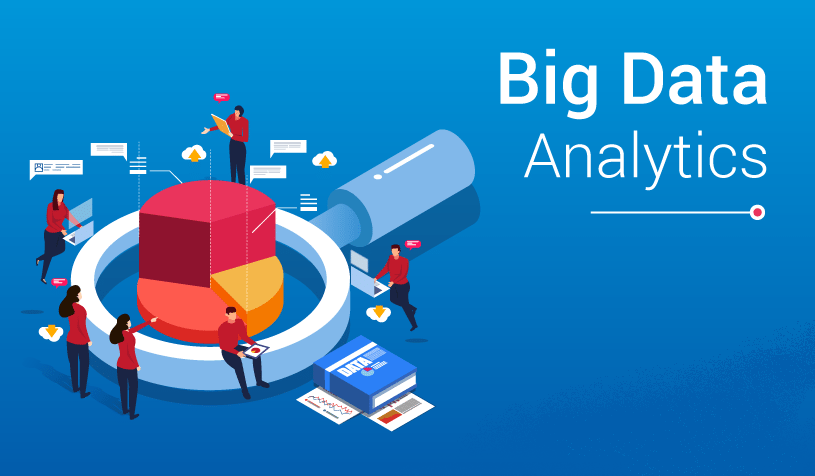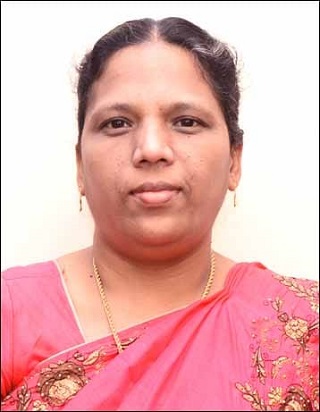Laboratories
-

Infrastructure and Lab Facilities
- The department labs are well equipped to make students grasp the technologies and code the programs effectively.
- Computer Laboratory - I and Computer Laboratory - II are equipped with LAN and 24- hour high speed internet facility.
- Ample number of dot matrix and laser printers are made available for students to take printouts for lab purpose.

-

Big Data Analytics Laboratory
- Established in the year 2017-2018
- Well equipped with highly developed hardware's in high configuration
- Fully air conditioned center with adequate UPS backup
- Supplementing Software : Portable Python/Windows XP



